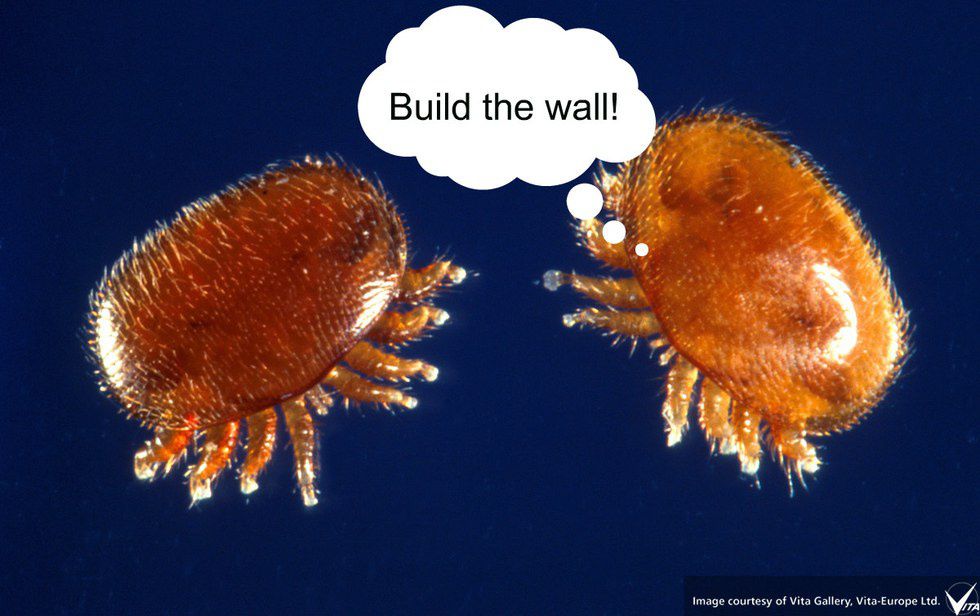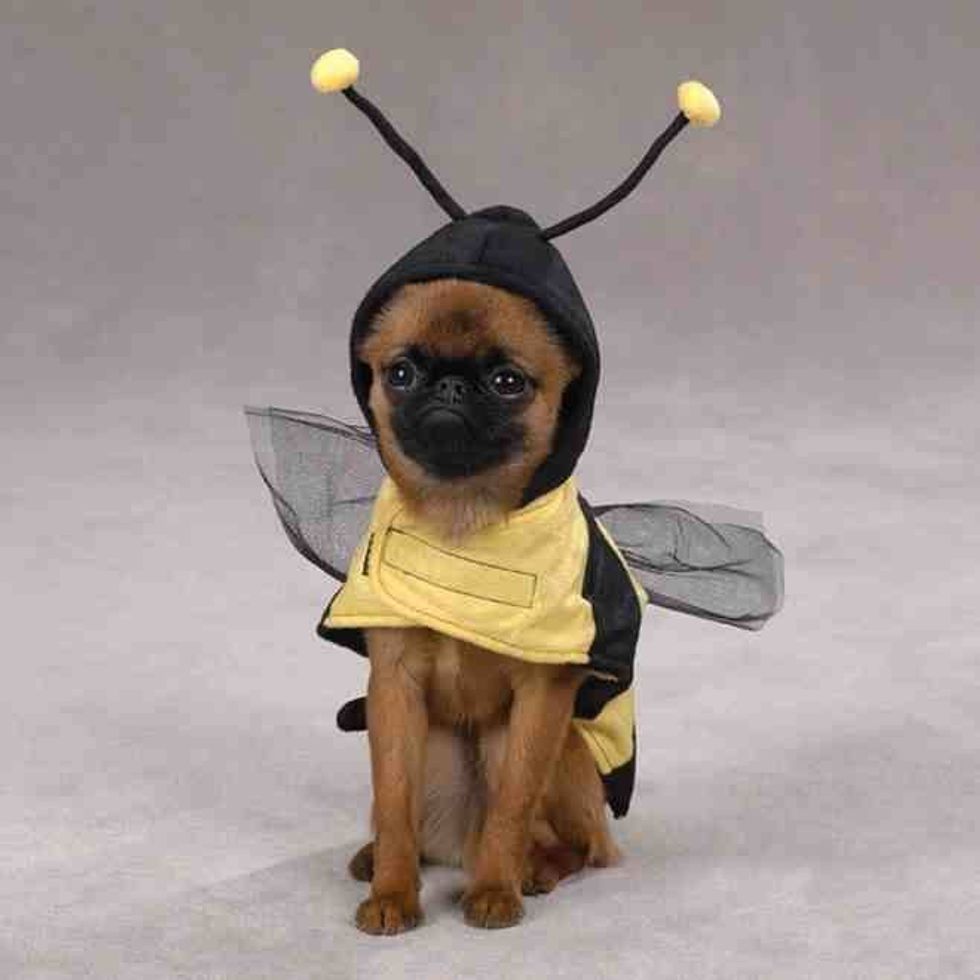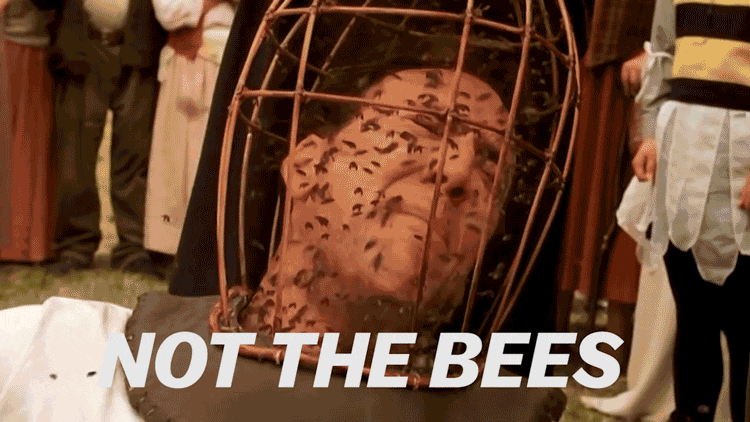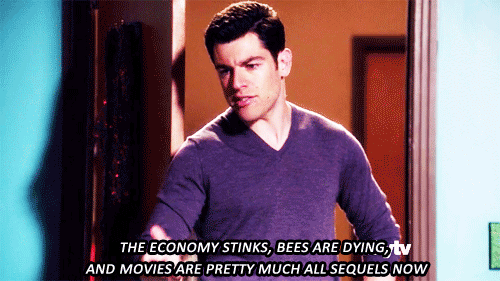Every day, almost without fail, I have what I like to call a "daily crisis." It is basically a sliver of time, about an hour or so, in which I physically crumble under the weight of the problems facing the world. Usually followed by a bagel and/or nap, they usually leave me feeling a little more crazy and a lot more stressed about the current situation of the world.
This week's selection: THE BEES ARE DYING.
BBC.com recently outlined this problem in their article "What Would Happen If Bees Went Extinct?" and trust me, it's a lot. Bees pollinate almost 70 of the estimated 100 crops. Out of those crops, 90 percent are used to feed populations around the world on a daily basis, and they make up a nearly $30 billion dollar income per year.
In my panic, I quickly searched on Google "HOW MANY HONEY BEES ARE LEFT???" in hopes that I would find solace in numbers. It turns out that in the winter of 2012, according to Time magazine, the average beekeeper lost about 45% of his or her bee population in the winter of 2012.
*tear slowly falls for lost, fluffy-butted bees*
But why? According to entomologist Denis vanEngelsdorp, we do not know. There are three things potentially to blame for the drastic loss: Verroa mites, decreased habitat, and pesticides.
The first culprit, Verroa mites, are basically the annoying moocher of the bee community. After coming to America in the 1980's, these little bugs literally attach to the body of a bee and suck out all its blood, and then continue about their day like nothing disgusting even had happened. Research also suggests they probably support Trump as well.
 | |
Another reason is said to be the destruction of the habitats/happy place of honey bees: meadows, fields, and gardens. Good one, humanity.
Lastly, researches have also attributed much of the loss to pesticides, specifically neonicotinoids, for being toxic to bees. However, not everyone agrees with this, and many have argued that there is not enough research on the pesticides to declare them a cause of the increased disappearance rate.
So, bees are dying and we don't really know why. What are we supposed to do now?
At this point in my mental breakdown, I suddenly felt the weight of my own guilt. I was taken back to those days on the playground me and my friends cheered at the death of a bee who had been tormenting us with its buzzing sound and impending stinger. They were the enemy, the only thing that could ruin a perfect day at the pool or a fun outing at Disneyland. But in reality, more than half of those bees were only trying to say "Howdy Doody friends!" before they were forever silenced by my cruel, chubby, child feet.
Desperate for solace, I searched Google one last time, typing "How can I..." ,a murderer, "...save the bees?". Luckily, there may still be time. In my dramatic sweep of emotion, I had overlooked some important facts and findings regarding the "buzz-worthy" species.
First of all, science is well aware of the issue and there are currently countless studies being done by people (who are smarter than I) to try and improve the situation. Even biological coding of bees is being studied in an effort to prepare for the worst: a world in which we have to genetically produce bees.
After donating $15 to HoneyBeesSanctuary.org and making a pact to plant a few flowers every so often, my crisis subsided and life carried on.
The moral of the story is two-fold. First, always research things holistically and don't lose your mind after seeing a fake quote for Albert Einstein saying, "If the bee disappeared from the surface of the Earth, man would have no more than four years to live."
Secondly, be aware that everything is co-dependent in this ecosystem. The bees go, the plants go. The plants go, the animals go. The animals go, we go. We go, Earth says, "OMG finally their gone they were so annoying".





















